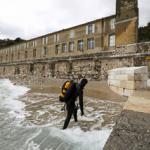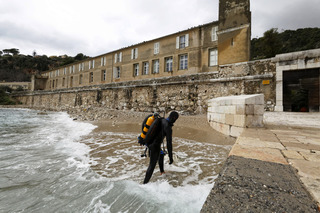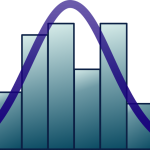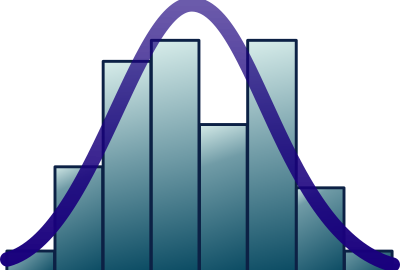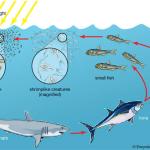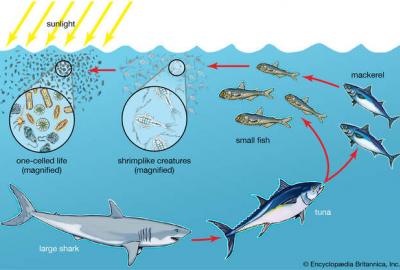Methods for the Exploitation of Data in Oceanography
-
The goal of this course is to make students operational for the treatment of oceanographic data typically associated with a scientific cruise or monitoring program (regarding hydrography, hydrology, biogeochemistry, and biology). This means processing and extracting data from raw samples, dealing with all the imperfections of real data, and analysing it to answer a specific scientific question. The data analysed will be mainly the one collected during the cruise in the preceding teaching unit (IADO). It takes advantage of the tools and knowledge developed over the last 15 years of research in Villefranche-sur-mer: automated plankton imaging instruments and software, Argo floats and gliders data processing pipelines, etc.
Course Contents
- Programming in R
- Samples processing: semi-automated plankton sorting
- Zooplankton distribution and biomass estimation
- Data mining: PCA, CA, clustering, introduction to machine learning
- Spatial interpolation: numerical interpolation and kriging
- Signal processing
- Processing of Argo floats data
- Personal data exploitation project based on real cruise data
Final Competencies
1 Ability to use image analysis tools for plankton identification.
2 Ability to set up a data processing pipeline which enables reproducible analyses.
3 Ability to process large amounts of data.
4 Ability to handle high-frequency data.
5 Ability to choose appropriate data analysis techniques. 6 Ability to present a summary of results (of an oceanographic cruise) with a critical view.
Further course information can be found here: https://studiekiezer.ugent.be/studiefiche/en/C004307/2021

